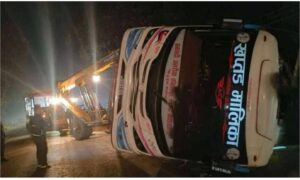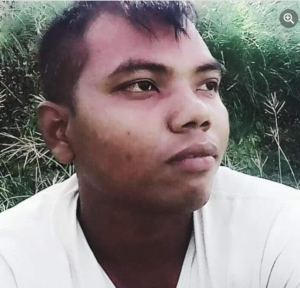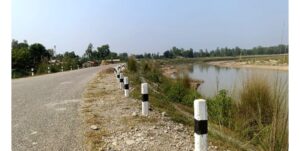
Kathmandu, July 27: Following the relaxation of the prohibitory order in various districts across the nation, including the Kathmandu Valley, active cases of COVID-19 have been on the rise. The Ministry of Health and Population (MoHP) on Monday reported that there are 27,908 active cases of COVID-19 across the nation.
As the new cases of virus infection have been rising alarmingly, the Health Ministry has already issued a warning that the country is likely to witness a third wave.
The public health experts have also warned that the nation might face the third wave of the pandemic soon.
Dr. Rabindra Pandey, a public health specialist, said, “Relaxation of prohibitory order followed by unnecessary crowding of people at marketplaces, rallies, and demonstrations of political parties and forthcoming festivals have posed a risk of the possible third wave.”
He said that the nation would be hit by yet another wave of COVID-19 during August or September if people continued ignoring the public health standards.
Learn from second wave
“Though the hard way, the second wave of coronavirus has taught us many lessons. Thus, the government must increase vaccination by identifying and prioritising the risk groups. People residing in the border areas must be vaccinated at first so that the threat of transmission of the virus via border movements could be limited,” said Dr. Pandey.
“As the second wave has made the frontline health workers experienced, they can now easily frame strategies to fight the pandemic. Also, the healthcare infrastructures have been strengthened,” said Dr. Pandey, adding, “Thus, the government should now focus on effectively arranging all the health infrastructures so that no one has to succumb to the infection due to lack of timely treatment.”
Increase RT-PCR tests
Similarly, virologist Dr. Baburam Marasini said that the actual state of COVID-19 at the community level was unknown. “Currently, those willing to fly abroad are getting their COVID-19 tests done under compulsion,” said Dr. Marasini. “Only a few people having symptoms of coronavirus undergo RT-PCR tests.”
Stating that ascertaining the status of the virus at ground level was important to limit the spread of the virus and avert the third wave, Dr. Marasini said, “The government must continue performing contact tracings like it did in the first wave.”
“If more tests are performed, infected people will be identified and isolated and thus, the transmission of virus will be limited,” he said. “Also, rapid contact tracings would help in identifying the hotspots and imposing restrictions.”
Dr. Marasini added that it was vital to perform RT-PCR tests while traveling within the country as well as it would help in preventing the spread of the virus in rural areas.
No herd immunity
Moreover, Dr. Pandey said that the country did not have herd immunity at the moment to remain safe from the third wave. “Herd immunity works in limiting the spread of the virus of the same strain,” he said.
“As multiple mutants of the novel coronavirus have already been identified and many cases of reinfection have also been registered, we cannot neglect the threat of the third wave by relying on herd immunity,” added Dr. Pandey. “Abiding by the health safety standards and rapidly conducting vaccination campaigns are the only ways to limit the impact of the third wave.”
Govt, public cooperation vital
Dr. Basudev Pandey, former director at Epidemiology and Disease Control Division (EDCD), said that the crowding at public places indicates as if the pandemic is over in Nepal. “It is also the duty of the public to follow all the public health protocols prescribed by the government.”
Also, the government must make sure that the public health standards are being implemented effectively and punish those who defy them, he said, adding, “The possible threat of the third wave can be prevented only with proper cooperation between the government and the public.”
Likewise, assistant spokesperson at the MoHP Dr. Samir Kumar Adhikari said that vaccination alone was not enough to prevent the third wave. “Even though the prohibitory order has been relaxed, the risk of COVID-19 continues as over 2,000 infections are being reported daily. Thus, people must fulfill their duty of duly abiding by all the health safety standards,” said Dr. Adhikari.
He added that the Health Ministry was preparing to vaccinate all the citizens as soon as possible in order to minimise the risk of the third wave. “Also, we have already requested all health institutions to arrange for oxygen, ventilators, beds, and other healthcare infrastructures to combat the third wave,” said Dr. Adhikari.







